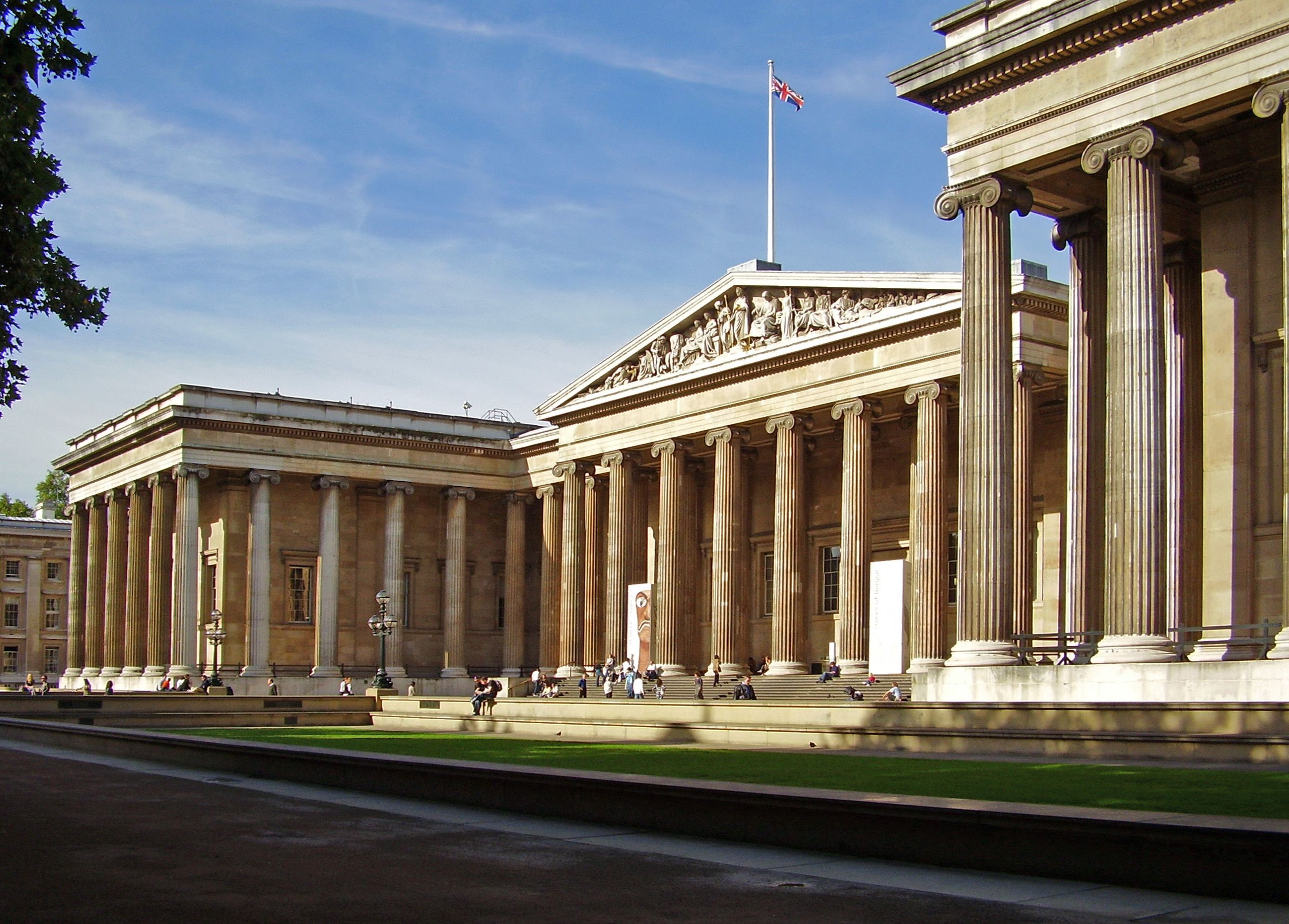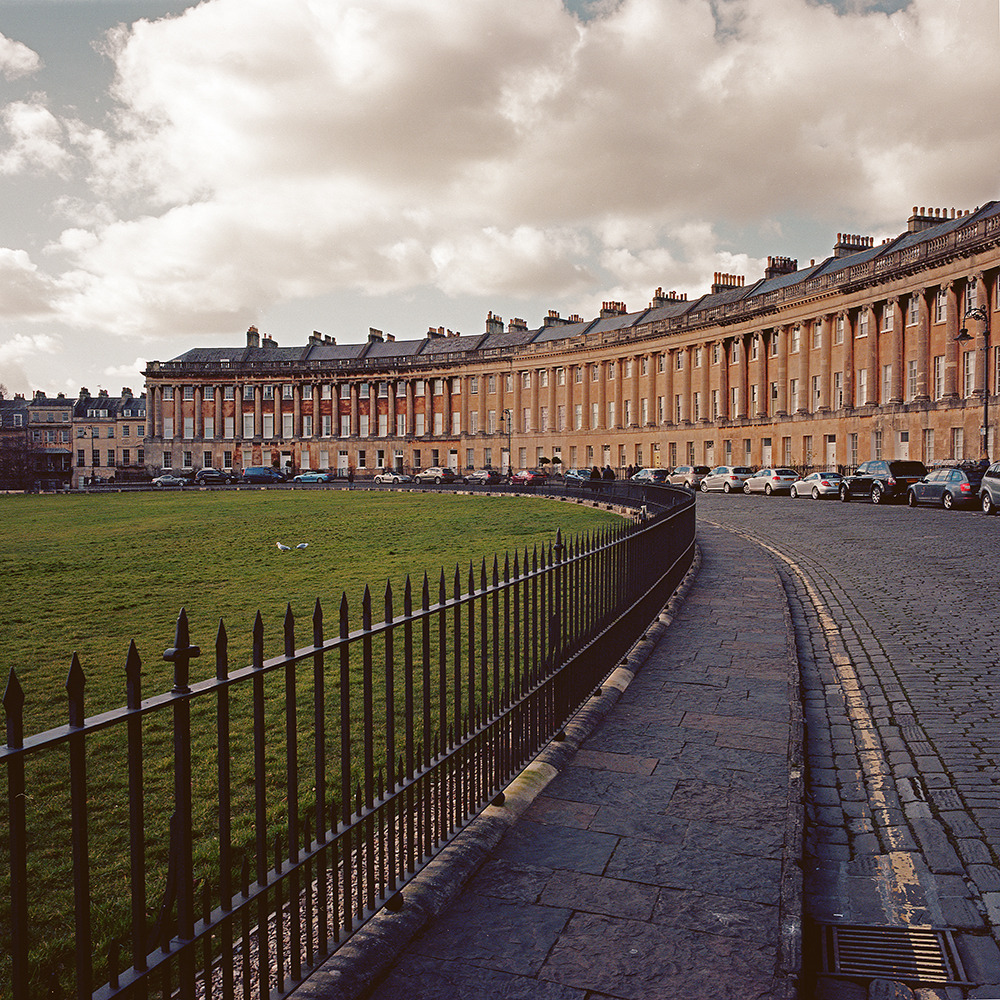Tourist Places London, England


The Tower of London, officially the Royal Palace and Fortress of Her Majesty, is a historic castle on the north bank of the River Thames in central London, England.


Known as Windsor Castle is a palace and royal residence located in Windsor, Berkshire County, UK, notable for its longstanding relationship with the British royal family and for its architecture.It was originally a medieval castle started to lift in the eleventh century, after the Norman conquest of England by William the Conqueror.
The London Eye ('London Eye'), also known as Millennium Wheel ('London Eye') is an observation wheel located 135 m on the western end of Jubilee Gardens, on the South Bank of the Thames district London Lambeth bridges between Westminster and Hungerford. The wheel is next to County Hall and outside the offices of the Ministry of Defense.

Stonehenge is a megalithic monument crómlech type of late Neolithic period (XX century BC.), Located near Amesbury in Wiltshire, England, about fifteen kilometers north of Salisbury.

The Palace of Westminster, also known as The Parliament ('Parliament'), houses the two chambers of Parliament of the United Kingdom (the House of Lords and House of Commons). The palace, which is one of four World Heritage sites of the City of London, declared by UNESCO in 1987, is located on the north bank of the River Thames in the City of Westminster, near other government buildings Whitehall.

The British Museum (in English: British Museum) is a museum of the city of London, UK, one of the most important and visited museums in the world. Its collections cover various fields of human knowledge such as history, archeology, ethnography and art.

The Royal Crescent is a building of a set of semi-detached houses (called in English, terraced house) in the city of Bath, England. It was built in the eighteenth century and represents one of the most outstanding works of Georgian architecture.

Buckingham Palace (in English: Buckingham Palace) is the official residence of the British monarch in Londres.2 It is also used for official ceremonies, state visits and sightseeing. It is famous for housing the Royal Collection, an extraordinary set of real fruit collecting artistic works. The palace is a gathering of the British in times of crisis and celebration. [Citation needed] "Buckingham Palace" or simply "The Palace" is also metonymy used to designate the source of press releases from the British royal family.

Canterbury Cathedral and Canterbury is one of the oldest and most famous Christian structures in England. It is the cathedral of the Archbishop of Canterbury, the Primate of All England and religious leader of the Church of England. This mother of the Diocese of Canterbury (east Kent) church is the focus of the Anglican religion. Its formal title is in English and Metropolitical Cathedral Church of Christ at Canterbury.

The Peak District is an upland area in England, most of which lies in northern Derbyshire but also includes parts of Cheshire,Greater Manchester, Staffordshire and Yorkshire.
An area of great diversity, it is split into the northern Dark Peak, where most of the moorland is found and whose geology isgritstone, and the southern White Peak, where most of the population lives and whose geology is mainly limestone.
The Peak District National Park became the first national park in the United Kingdom in 1951.[4] With its proximity to the cities ofManchester and Sheffield and easy access by road and rail, it attracts millions of visitors every year.

Trafalgar Square ("Trafalgar Square" in Spanish) is a square in central London (UK), built to commemorate the Battle of Trafalgar (21 October 1805) in which the British navy defeated the French Army and Spanish off Cape Trafalgar, Los Canos de Meca, locality of the municipality of Vejer de la Frontera (now belonging to Barbate after his segregation in 1940), Cádiz, Spain. The original name was William IV Square, but George Ledwell Taylor suggested the name change.

Jane Austen's House Museum is a small private museum in the village of Chawton near Alton in Hampshire. It Occupies the 18th-century house (informally Known as Chawton Cottage) in Which novelist Jane Austen spent the last eight years of her life. The museum has-been a Grade I listed building since 1963
